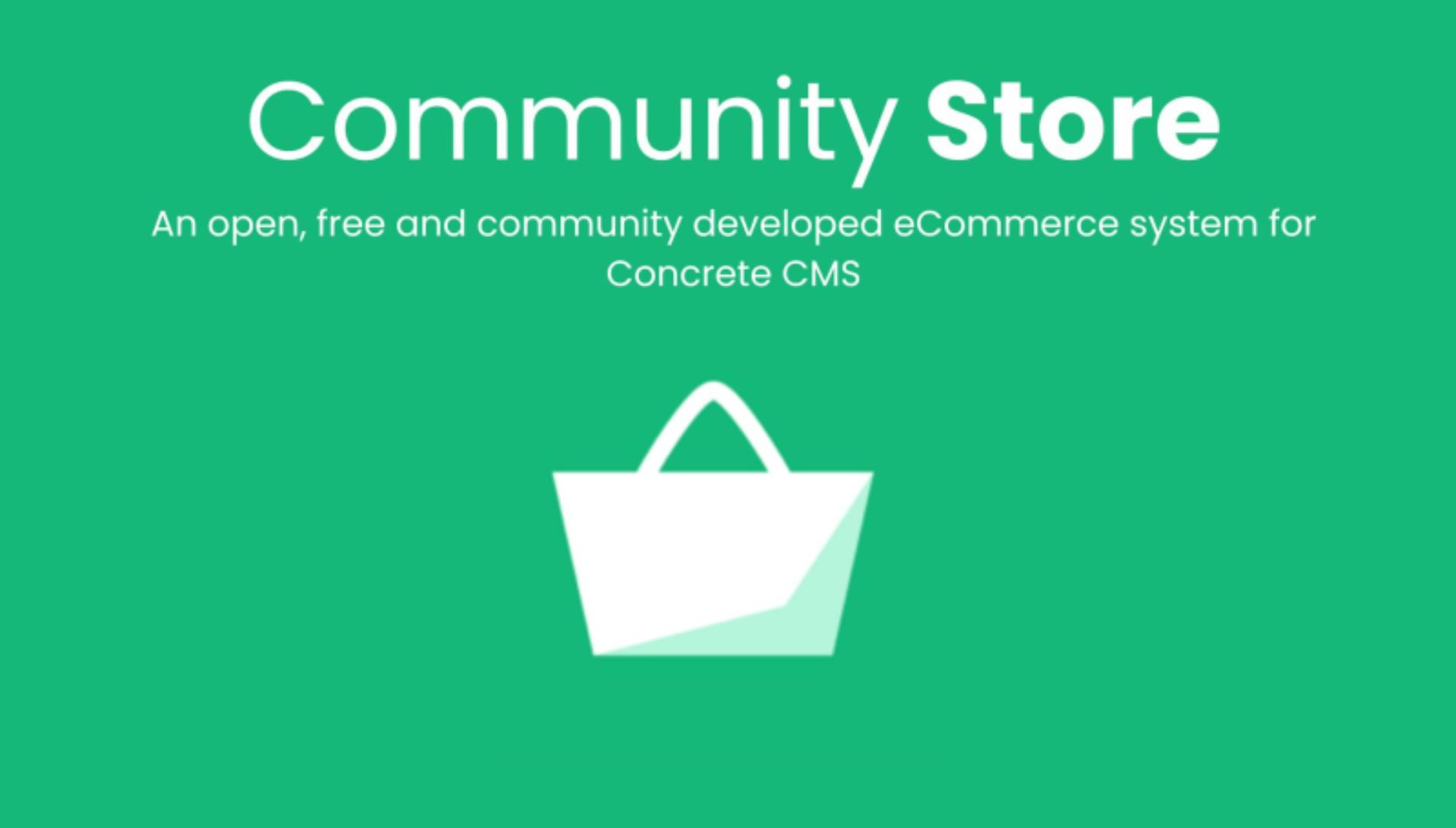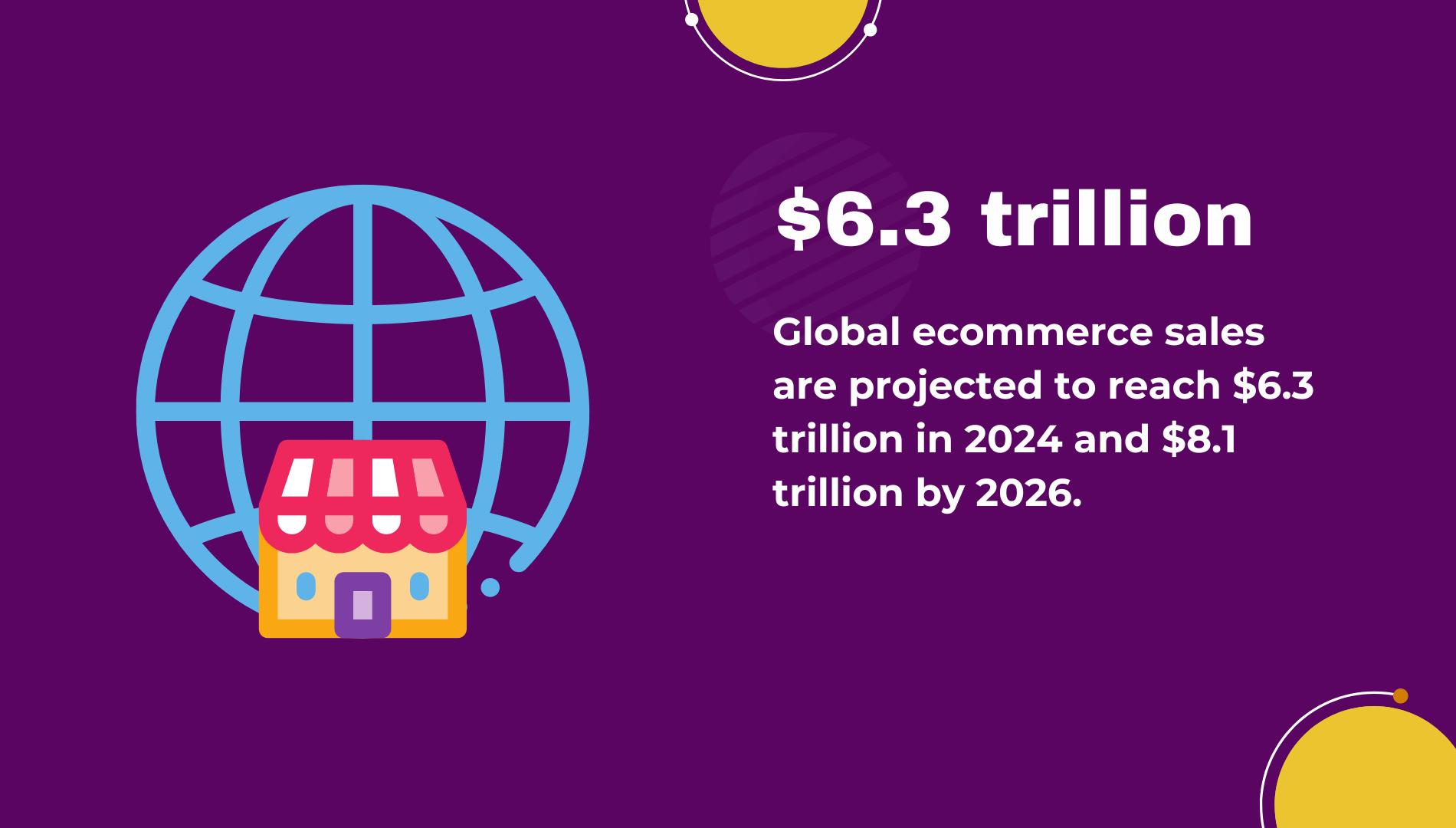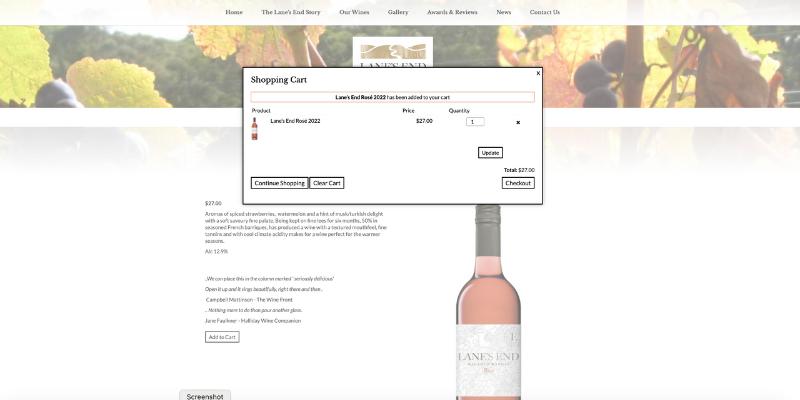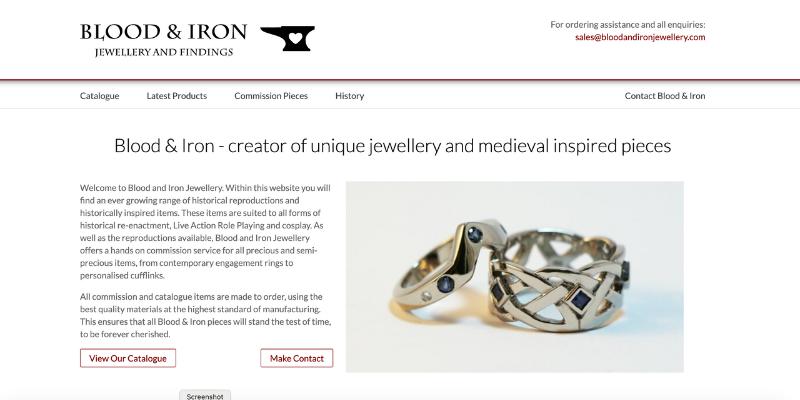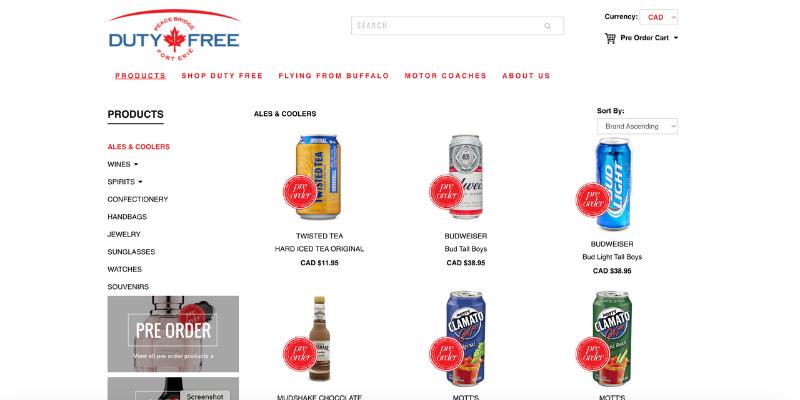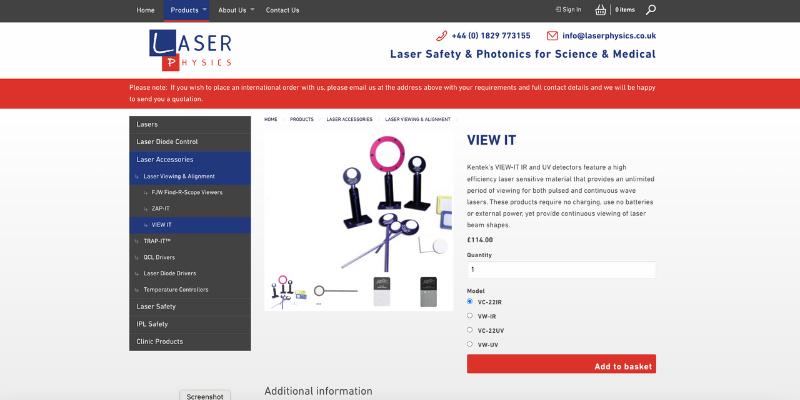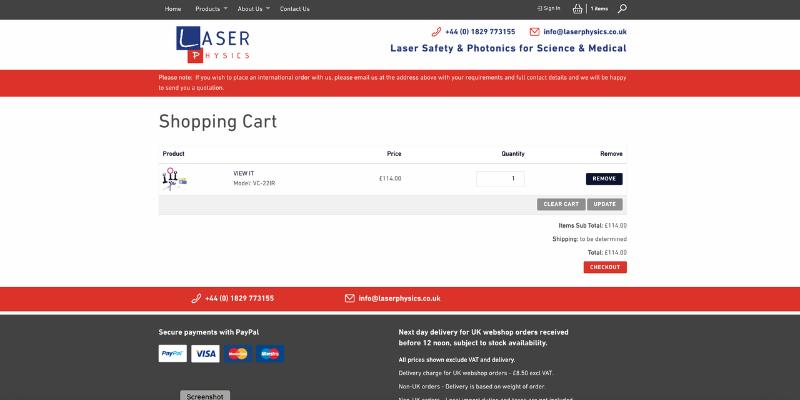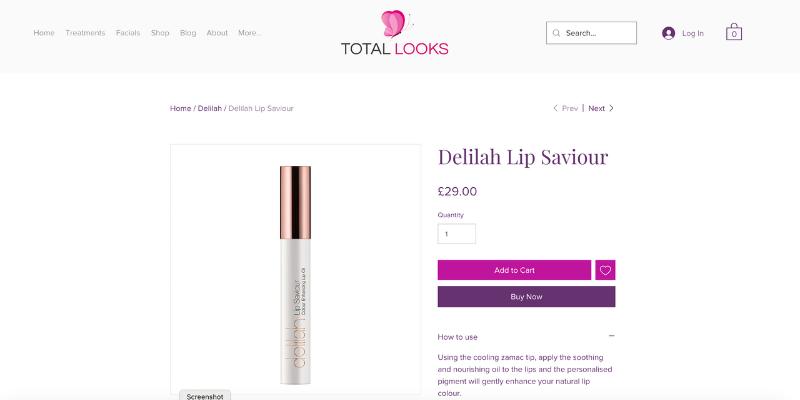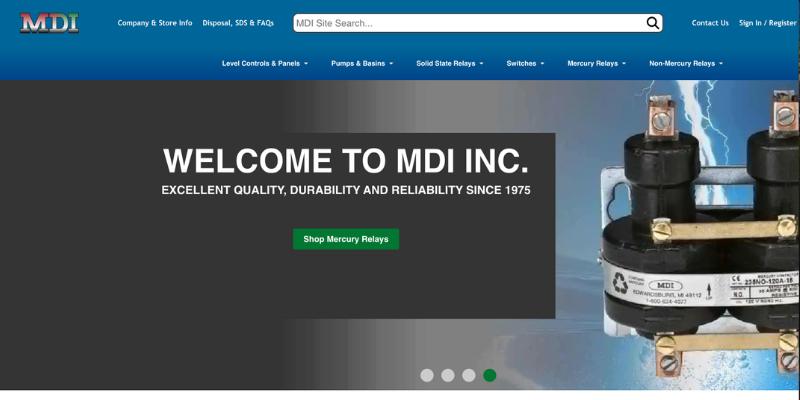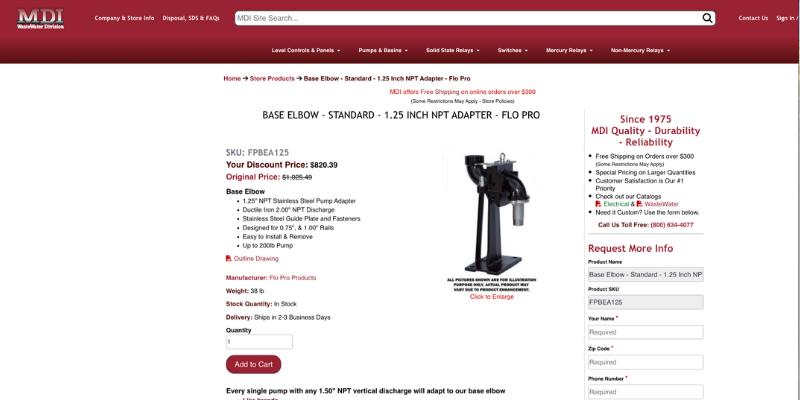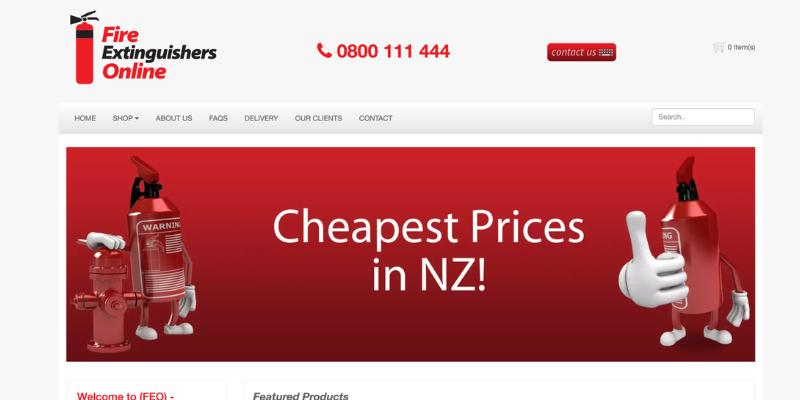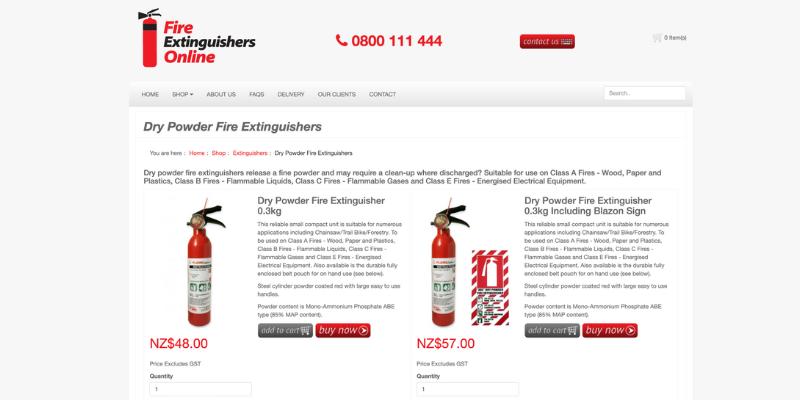These examples demonstrate how Community Store can be adapted to various industries, helping businesses create effective and engaging online stores. Whether you’re selling technology, wine, jewelry, health products, or gaming tables, Community Store provides the tools you need for Ecommerce web development.
How Do I Start a Small Ecommerce Business?
Starting an Ecommerce business can seem daunting, but with the right steps and tools, you can set up a successful online store. Here’s a comprehensive guide to get you started:
Steps to Starting an Ecommerce Business
Choose Your Niche
Selecting the right niche is crucial. Your niche should align with your interests and expertise, and there should be a demand for the products or services you plan to offer. Conduct market research to identify trends, analyze competitors, and understand your target audience. Consider what unique value you can bring to the market that sets you apart from competitors.
Build Your Website with Concrete CMS
Concrete CMS’s Community Store add-on makes it easy to create a professional, user-friendly Ecommerce website. Here’s how to get started:
- Install Concrete CMS: Begin by setting up Concrete CMS on your server.
- Add Community Store: Install the Community Store add-on to your Concrete CMS installation.
- Design Your Site: Choose a template or design your website layout. Ensure it’s visually appealing and easy to navigate.
- Add Products: Use the product management features to add and categorize your products. Include high-quality images, detailed descriptions, and pricing information.
Set Up Payment Methods
Offering multiple payment options enhances customer convenience and can increase sales. Community Store supports various payment gateways such as Stripe, PayPal, and invoice payments. Configure these payment methods on your site, ensuring they are secure and easy to use.
Market Your Store
Effective marketing is essential for driving traffic to your site and converting visitors into customers. Consider the following strategies:
- SEO: Optimize your site for search engines to improve your visibility in search results.
- Social Media Marketing: Promote your products on social media platforms where your target audience spends time.
- Email Marketing: Build an email list and send regular newsletters with promotions, new product announcements, and valuable content.
- Paid Advertising: Use Google Ads, Facebook Ads, and other paid advertising channels to reach a broader audience.
Manage Logistics
Efficient logistics are key to maintaining customer satisfaction. This includes:
- Inventory Management: Keep track of your stock levels and ensure timely restocking of products.
- Shipping: Choose reliable shipping partners and offer multiple shipping options. Clearly communicate shipping costs and delivery times to your customers.
- Customer Service: Provide excellent customer service by promptly addressing customer inquiries and resolving any issues.
What is the Best Ecommerce Business to Start?
The best Ecommerce business to start depends on your interests, expertise, and market demand. Some popular Ecommerce niches include:
- Health and Wellness Products: Items like supplements, fitness equipment, and organic products are in high demand.
- Sustainable and Eco-friendly Products: Consumers are increasingly interested in environmentally friendly products.
- Tech Gadgets and Accessories: The tech market continues to grow with new innovations.
- Fashion and Apparel: There’s always a market for unique and stylish clothing and accessories.
- Niche Food Products: Specialty foods, such as vegan, gluten-free, or gourmet items, have a dedicated customer base.
Starting an Ecommerce business requires careful planning and execution, but with the right approach and tools like Concrete CMS’s Community Store, you can create a successful and profitable online store.
What Are the Benefits of Ecommerce?
Ecommerce offers numerous advantages that make it an attractive business model for entrepreneurs and established companies alike. Here are some of the key benefits:
- Global Reach: Ecommerce stores can attract customers from around the world, expanding your market and customer base without physical expansion.
- 24/7 Availability: Online stores are open 24/7, catering to different time zones and customer schedules, increasing the likelihood of sales at any time.
- Lower Costs: Operating an Ecommerce business typically incurs lower costs compared to a traditional retail setup, such as reduced rent, utilities, and staffing expenses.
- Scalability: Ecommerce platforms can easily accommodate increased traffic, a larger product range, and more complex business operations, ensuring your business can grow without major disruptions.
How Does Ecommerce Work?
Ecommerce operates through a series of digital transactions and processes that enable the buying and selling of goods and services online. Here’s a basic overview of how it works:
- Online Store Setup: Businesses create an online storefront using an Ecommerce platform like Concrete CMS with the Community Store add-on.
- Product Display: Products are showcased with images, descriptions, prices, and specifications. Customers browse these listings to find what they want to buy.
- Shopping Cart: Customers add items to a virtual shopping cart as they shop. The cart keeps track of selected items and their quantities.
- Checkout Process: When ready to purchase, customers proceed to the checkout page, where they enter billing and shipping information and choose a payment method.
- Payment Processing: The payment gateway securely processes the customer's payment using credit cards, PayPal, or other methods.
- Order Fulfillment: Once payment is confirmed, the order is processed, including picking, packing, and shipping the items to the customer's specified address.
- Customer Service: Post-purchase, customer service supports any inquiries or issues related to the order, including returns and exchanges.
- Analytics and Feedback: Businesses collect data on customer behavior and sales to refine their marketing strategies, improve product offerings, and enhance the overall shopping experience.
What Types of Ecommerce Models are There?
Ecommerce encompasses various models, each suited to different business needs and customer interactions. Here’s a detailed explanation of the primary types of Ecommerce:
What Are the Different Types of Ecommerce?
The main types of Ecommerce are:
- B2B (Business-to-Business): Transactions between businesses.
- B2C (Business-to-Consumer): Transactions from businesses to individual consumers.
- C2C (Consumer-to-Consumer): Transactions between individual consumers.
- C2B (Consumer-to-Business): Transactions where individuals sell to businesses.
Detailed Types of Ecommerce
B2B (Business-to-Business)
Definition: B2B Ecommerce refers to transactions between businesses. This can include wholesalers selling to retailers, manufacturers selling to distributors, or any business selling products or services to another business. Examples:
- A manufacturer selling components to an electronics company.
- A software company providing enterprise solutions to other businesses.
Benefits:
- Larger order sizes and recurring transactions.
- Stronger, long-term customer relationships.
- Streamlined supply chain management.
B2C (Business-to-Consumer)
Definition: B2C Ecommerce involves businesses selling products or services directly to consumers. This is the most common form of Ecommerce. Examples:
- An online clothing store selling directly to consumers.
- A bookshop offering books through its website.
Benefits:
- Broader audience and more marketing opportunities.
- Direct feedback from customers.
- Shorter sales cycle compared to B2B.
C2C (Consumer-to-Consumer)
Definition: C2C Ecommerce involves transactions between consumers, typically facilitated by a third-party platform. Examples:
- Online marketplaces like eBay or Craigslist where individuals sell to each other.
- Peer-to-peer rental sites like Airbnb.
Benefits:
- Wide variety of goods and competitive pricing.
- Platforms earn revenue through transaction fees.
C2B (Consumer-to-Business)
Definition: C2B Ecommerce occurs when consumers sell products or offer services to businesses. This model is common in freelance and gig economies. Examples:
- Freelance designers offering services to companies via platforms like Upwork.
- Influencers promoting products to their followers and earning a commission.
Benefits:
- Flexibility for individuals to monetize their skills.
- Businesses gain access to a diverse talent pool.
Which Type of Ecommerce is Best for My Business?
The best type of Ecommerce for your business depends on your target market, product, or service. If you are targeting other businesses and selling in bulk, B2B may be the best fit. If your products are geared towards individual consumers, B2C is likely the most suitable. If you’re creating a platform for users to trade among themselves, C2C might be ideal. For freelancers or individuals offering specialized services to businesses, C2B is the way to go. Consider your audience, product type, and business goals to determine the best Ecommerce model for you.
Conclusion
Concrete CMS’s Community Store add-on is a versatile and powerful tool for creating a successful Ecommerce business. It offers comprehensive features such as product management, sales processing, digital downloads, and detailed analytics, making it adaptable to various industries and business models.
By exploring exemplary sites that use Community Store, you can see how this add-on can be tailored to meet specific business needs and deliver outstanding results. Whether you're selling technology, wines, jewelry, health products, or gaming tables, Community Store provides the tools you need for Ecommerce success.
Sources
-
SellersCommerce. (n.d.). Ecommerce statistics. Retrieved June 19, 2024, from https://www.sellerscommerce.com/blog/ecommerce-statistics/
-
HelpScout. (n.d.). Ecommerce statistics. Retrieved June 19, 2024, from https://www.helpscout.com/blog/ecommerce-statistics/
-
Red Stag Fulfillment. (n.d.). Ecommerce statistics. Retrieved June 19, 2024, from https://redstagfulfillment.com/ecommerce-statistics/
-
The Social Shepherd. (n.d.). Ecommerce statistics. Retrieved June 19, 2024, from https://thesocialshepherd.com/blog/ecommerce-statistics
-
Concrete CMS. (n.d.). Community store. Retrieved June 19, 2024, from https://github.com/concretecms-community-store/community_store
